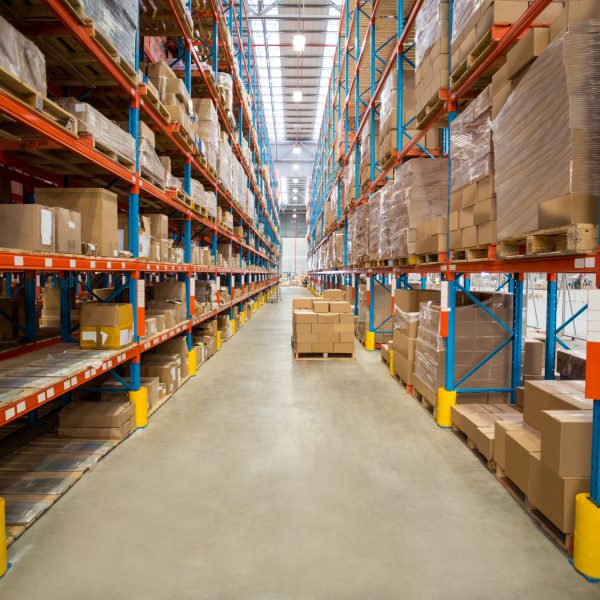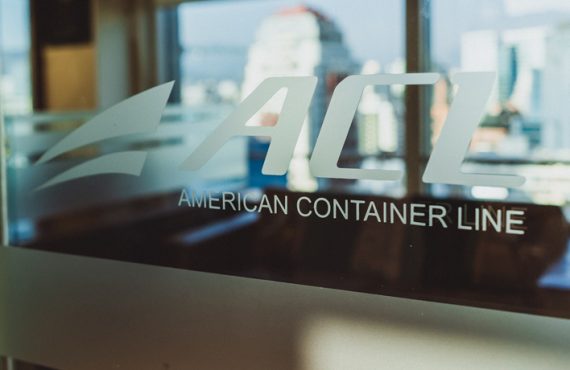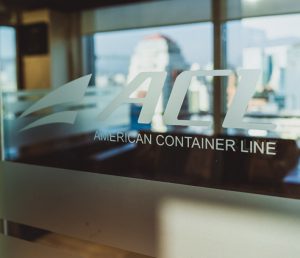Explore how the logistics industry, globally and in Chile, are adopting more sustainable and ecological practices.
Currently, environmental awareness has become a fundamental pillar in all sectors, including logistics. Transportation and logistics companies are responding to the call for sustainability by adopting more eco-friendly practices to reduce their impact on the environment.
In this article, we will explore the key trends that are transforming the green logistics industry, with a special focus on the Chilean context.
Green Technologies: Innovation in the Service of the Environment
The adoption of green technologies is essential for driving green logistics. In Chile, the implementation of fleet management systems based on telemetry and GPS not only improves operational efficiency but also reduces emissions by optimizing routes and minimizing downtime.
Artificial intelligence (AI) and machine learning are powerful allies in green logistics. These technologies enable more precise route planning, optimizing supply chain efficiency and reducing the need for additional transportation, resulting in fewer carbon emissions.

Electric Vehicles: The Future of Sustainable Transportation
The implementation of electric transport fleets is one of the most prominent trends in green logistics. In Chile, the transition to electric vehicles is gaining momentum, with companies incorporating electric trucks and vans into their daily operations. These vehicles not only reduce emissions but also decrease long-term operating costs by harnessing the renewable energy available in the country.

Eco-Friendly Packaging Strategies: Reducing Waste and Optimizing Space
Sustainable packaging is a priority in green logistics. While still less common, many companies in the sector are adopting eco-friendly packaging strategies, using recyclable materials and reducing waste.
Less is more. It's no secret that optimizing packaging not only contributes to sustainability but also improves transport efficiency by maximizing cargo space and reducing unnecessary shipments.
Environmental Regulations in International Transport: A Framework for Sustainability
International transport involves complex coordination, but environmental regulations play a crucial role in promoting sustainability. In Chile, logistics companies must comply with strict regulations aimed at reducing greenhouse gas emissions and encouraging environmentally friendly practices on the international stage.
Chile's Commitment to Green Logistics
Green logistics is undergoing significant evolution worldwide, and Chile is no exception. In our country, this is driven through organizations such as the Ministry of the Environment of Chile, the National Energy Commission (CNE), the Ministry of Transportation and Telecommunications, and the Agency for Sustainability and Climate Change. These entities support the development of sustainability in the logistics industry through the adoption of green technologies, the use of cleaner transportation, the implementation of eco-friendly strategies, and compliance with environmental regulations.
Certainly, Chilean companies like ACL are demonstrating our commitment to a more sustainable future, paving the way for greener and more efficient logistics.
If your company aims to stand out in this landscape, we want to let you know that at American Container Line, we are playing an active role in adopting sustainable practices in the logistics sector. So, let's talk; we can work together and, at the same time, contribute to the development of more environmentally friendly logistics.








